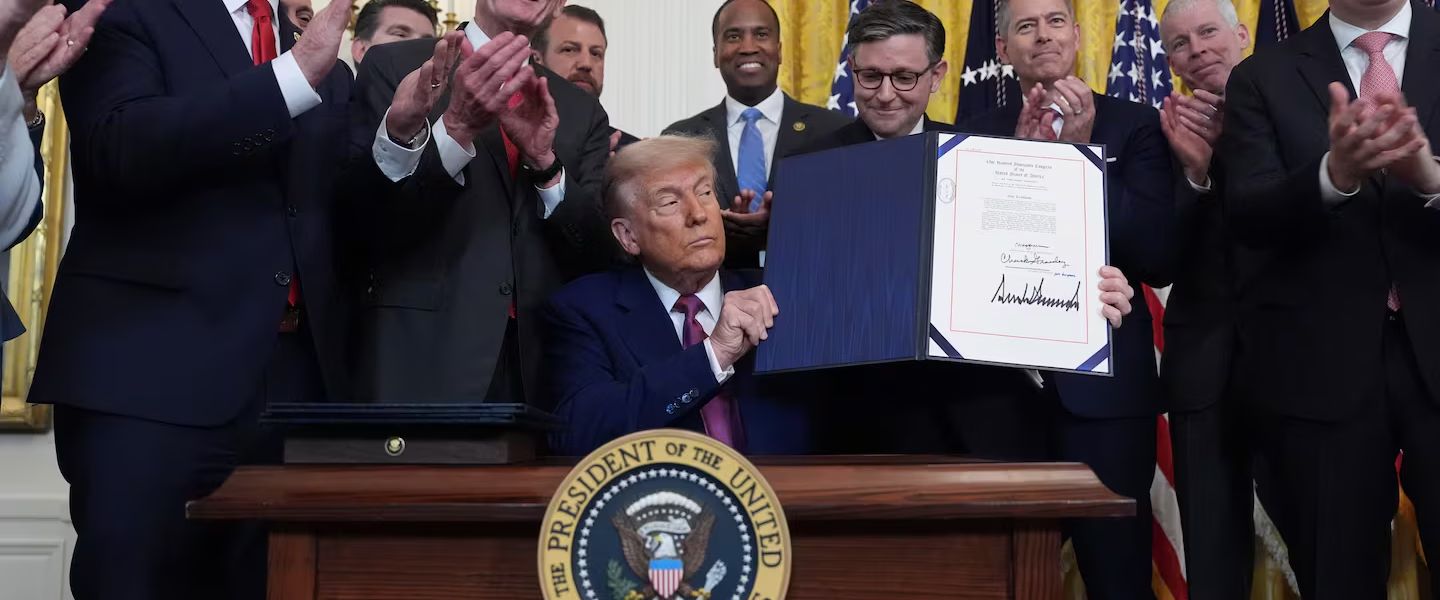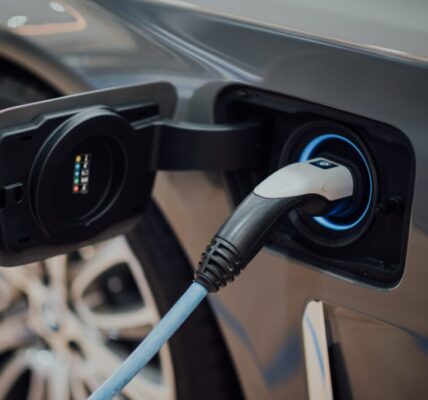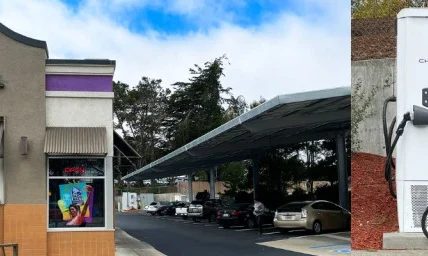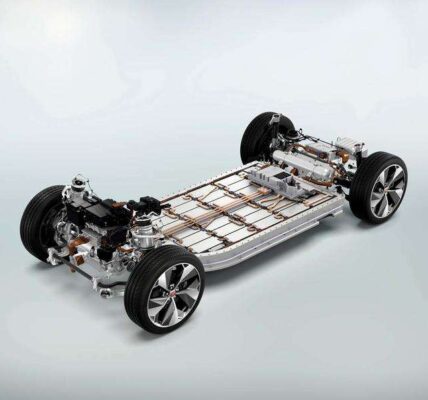President Trump moved to overturn California’s electric vehicle (EV) mandate Thursday, setting off another legal fight with the Golden State.
Trump signed a congressional resolution that overturns a California state rule that would have phased out the sale of new gas-powered cars by 2035.
The California rule and the decision to revoke it are a massive deal for the auto market.
The state makes up about 12 percent of the U.S. population. Its rule has also been adopted by 11 other states and Washington, D.C.
California says its rule would benefit both public health and the environment, reducing emissions that contribute to global warming and the amount of pollution its residents are exposed to. The state estimates its rule would prevent nearly 1,300 cardiopulmonary deaths between 2026 and 2040.
Trump also signed resolutions that overturned separate California rules requiring most new trucks sold in the state to also be electric.
“Under the previous administration, the federal government gave left-wing radicals in California dictatorial powers to control the future of the entire car industry,” he said ahead of the signing.
“They approved Governor Gavin Newscum’s ridiculous plan to impose a 100% ban on all new gas powered cars within a very short period of time,” he added, using an insult to refer to Gov. Gavin Newsom (D).
“Today we’re saving California, and we’re saving our entire country from a disaster.”
California had already said it would sue the Trump administration over the moves, which Congress sent to the president after flouting its own internal arbiters.
The Biden administration approved California’s rule late last year, and that Biden-era approval is what is actually being revoked.
The Congressional Review Act (CRA) gives Congress, with presidential approval, the right to rescind recently passed regulations.
But the Government Accountability Office, a nonpartisan congressional watchdog, and the Senate parliamentarian both determined that the Biden-era approval was a waiver rather than a rule, and therefore the CRA does not apply.
The House voted to rescind the waiver regardless, and the Senate took procedural steps to sidestep those determinations by first voting on a “point of order” as to whether waivers could be overturned by the CRA.
The decision comes with tensions at an all time high between California and the Trump administration after the president sent in the military over Los Angeles protests against his immigration policies.
The Clean Air Act allows California to set stricter-than-federal standards for vehicular pollution, with the approval of the Environmental Protection Agency, due to its historic smog problems. In 2022, the state said it would ban new sales of gas-powered cars by 2035.
California leaders and other Democrats criticized Trump’s signing of the waiver.
“From the party that once claimed the mantle of champion of state’s rights, the GOP is now only the party of polluter rights,” Sen. Adam Schiff (D-Calif.) said in a written statement. “This will ultimately result in dirtier air, and more asthma and lung cancer, and that will be their legacy.”
However, the move was celebrated by the auto industry, as well as the oil industry.
John Bozzella, president and CEO Alliance for Automotive Innovation, a car industry lobbying group, said that Trump “stood up for customer choice and helped restore a degree of balance to U.S. emissions regulations.”
“The President and Congress just delivered a major win for the American people by overturning California’s gas car ban and the state’s attempt to tell consumers what they can and can’t drive,” said a joint statement from Mike Sommers and Chet Thompson, who lead the American Petroleum Institute and American Fuel & Petrochemical Manufacturers respectively.








